Storytime: I Can Do Hard Things
Picture a book from the 1930’s! This month we are reading children’s books published in the 1930’s. This week, we read, “The Little Engine That Could.” This story is a great kick-off to problem-solving and showing children that they can do hard things. In addition to these books and activities about problem-solving, try some of the activities at Empowered Parents, because as we all know, “I thought I could. I thought I could. I thought I could…”
Join us Monday, Tuesdays, and Wednesdays at 10:30 a.m. or Tuesdays at 6:30 p.m. in the Community Room.
Ages 2-5
Sing, Talk, Read, Write, Play
Tip
Approaches to Learning — Using books and stories to help children think of their own solutions to problems helps them develop problem-solving skills. Researchers have found that having ideas for tackling problems helps children in learning new tasks and handling social situations.
Activity
Read a book with your child that revolves around a problem solving situation. Introduce the book by setting up the problem. On the page where the problem is revealed, you can ask, “What are some things you might do to… (solve the problem)?” Or, if you prefer, you can come back to that page and ask the question after finishing the book.
Books Presented
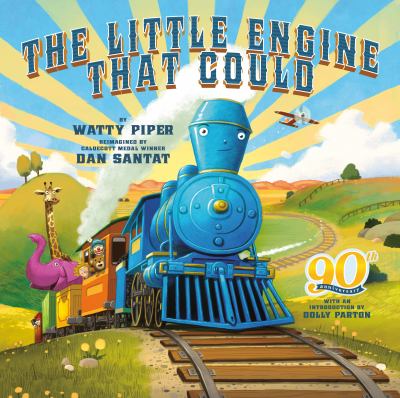
The Little Engine That Could by Watty Piper
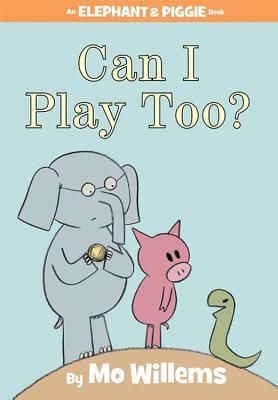
Can I Play Too? by Mo Willems
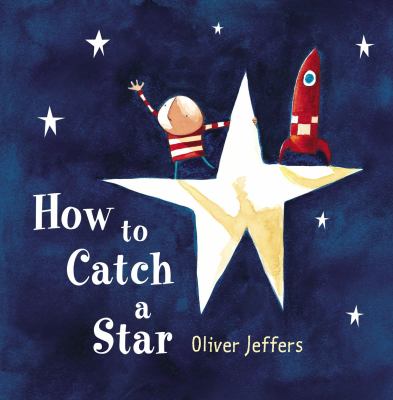
How to Catch a Star by Oliver Jeffers
Songs, Rhymes, and Fingerplays
The Wheels on the Track Go Clackety-Clack
Tune of “Wheels on the Bus”
The wheels on the train go clickety-clack
Clickety-clack, clickety-clack
The wheels on the train go clickety-clack
All along the track
Other verses:
The whistle on the train goes toot, toot, toot…
The conductor on the train says, “Ticket, please!”…
The people on the train go bounce, bounce, bounce…
The engine on the train goes chug, chug, chug…
This is the Way
This is the way we bounce the ball,
bounce the ball, bounce the ball,
This is the way we bounce the ball,
when we play basketball.
Kick the ball…
When we play soccer.
Hike the ball…
When we play football.
Swing the bat…
When we play baseball.
Crafts and Activities
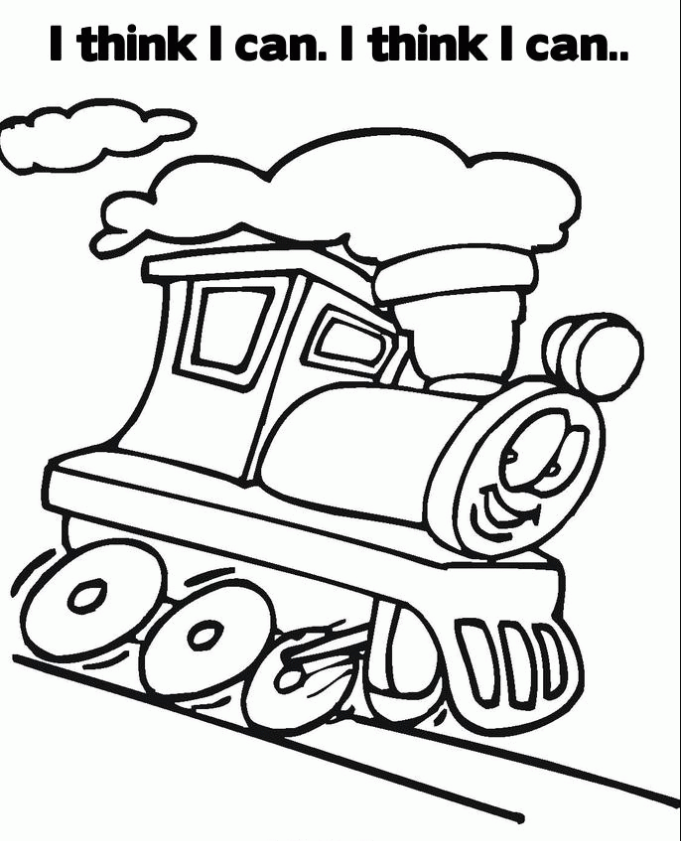
What feeling is Pooh Bear feeling while he's in the sky?
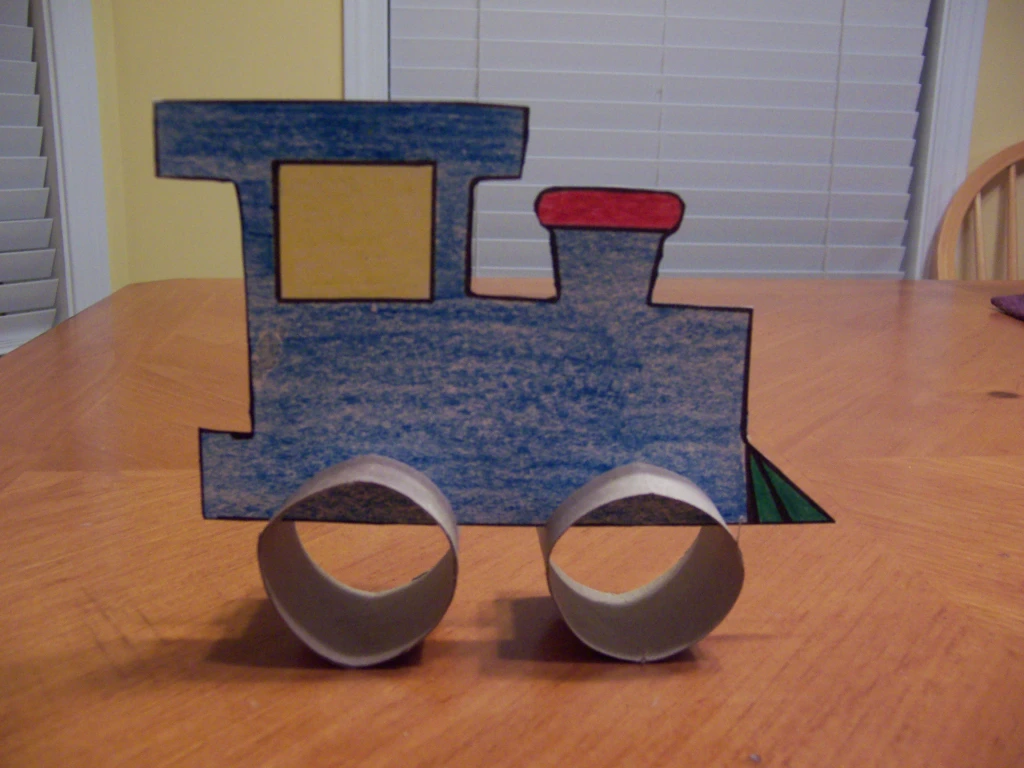
Make this cute little train!
Additional Books
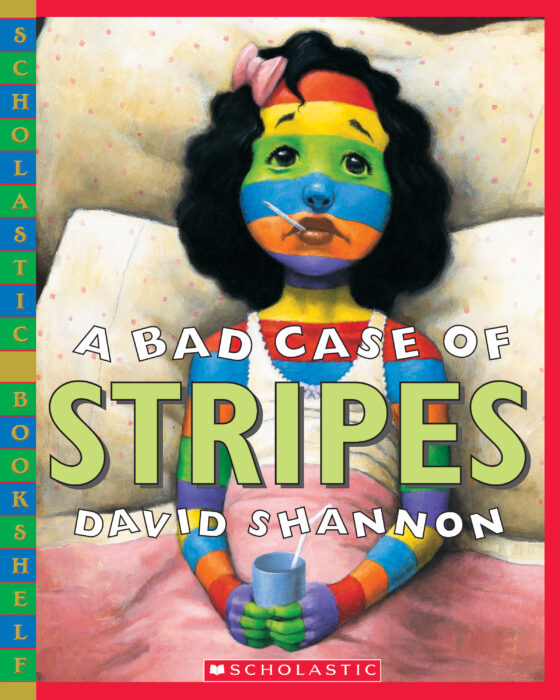
A Bad Case of Stripes by David Shannon
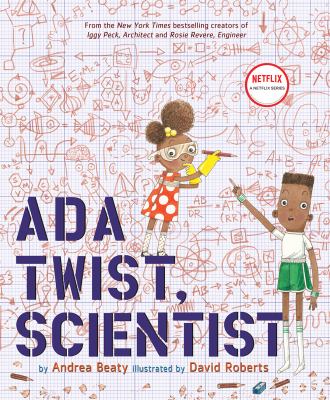
Ada Twist, Scientist by Andrea Beaty
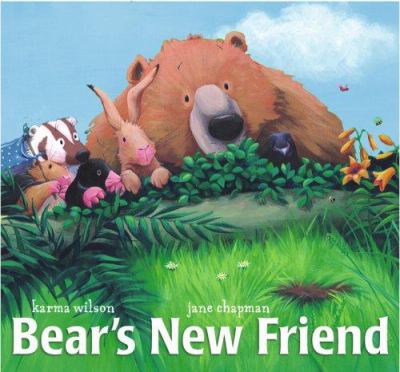
Bear's New Friend by Karma Wilson
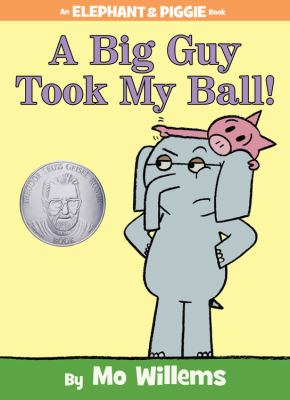
A Big Guy Took My Ball! by Mo Willems

0 Comments